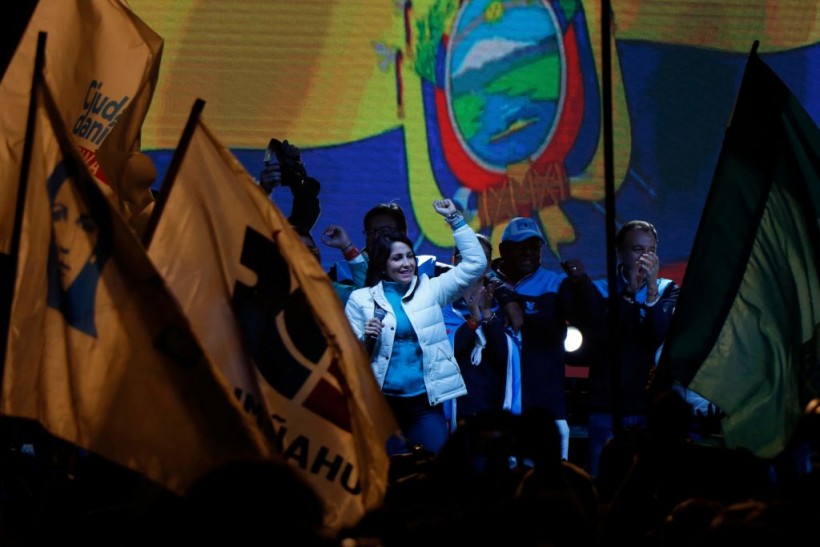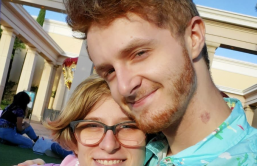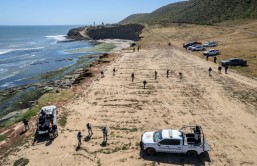Ecuadorians decided against drilling for oil in a protected area of the Amazon, making it necessary for the national oil corporation to stop working in a place where two uncontacted tribes live and where there is a high concentration of wildlife.
The Tagaeri and Taromenani are isolated people who reside in Yasuni National Park. The United Nations Educational, Scientific, and Cultural Organization, or UNESCO, proclaimed it a world biosphere reserve in 1989.
The Yasun rainforest, one of the most biodiverse locations on Earth and home to some of the last Indigenous people living in voluntary isolation, like the Tagaeri, Taromenane, and Dugakaeri, was at the center of the historic referendum. According to reports, Yasun's land has more animal species than all of Europe and more tree species than all of North America combined.
Over 1 million hectares (2.5 million acres) in size, it is home to 121 species of reptiles, 139 species of amphibians, and 610 species of birds. There are at least three endemic species.
By early Monday, more than 90 percent of the votes had been tallied, and over 60 percent of Ecuadorians had voiced opposition to oil drilling in Yasuni's Block 43, as reported by The Associated Press.
Read also: US Pledges Financial Support for Ecuador's Anti-Drug Initiatives
A Setback for Lasso
The result is a serious setback for Ecuadorian President Guillermo Lasso, who supported oil drilling and said that the country's economy depends on its profits. In the upcoming months, Petroecuador, the national oil firm, will have to shut down.

(Photo: by GALO PAGUAY/AFP via Getty Images)
Ecuadorian presidential candidate for the Movimiento Revolucion Ciudadana party, Luisa Gonzalez speaks to her supporters after learning the first results of the presidential election and referendum on mining and petroleum at her headquarters in Quito on August 20, 2023.
The presidential election, which will be determined by a runoff between socialist candidate Luisa González and right-wing rival Daniel Noboa, was held concurrently with the referendum. The killing of Fernando Villavicencio, one of the candidates, has caused political unrest throughout the nation.
The referendum takes place at a time when the world is experiencing extreme weather events, blazing wildfires, and scorching temperatures that are destroying lives and livelihoods everywhere.
Additionally, research indicates that the Amazon is on the verge of a vital tipping point that might cause the biologically diverse ecosystem to become a savannah, which would have serious consequences for the fight against climate change.
The vote in Ecuador establishes a crucial precedent for the world given the recent reports that UK Prime Minister Rishi Sunak has vowed to "max out" the UK's oil and gas reserves despite warnings from environmental organizations that doing so would nullify the UK's climate pledges.
Without abundant biodiversity, once-powerful rivers would continue to shrink to a trickle, fertile meadows will become deserts, and the world's forests will lose all of their distinguishable characteristics. In other words, the things that are essential to maintaining life on this planet will fail.
Related article: Fernando Villavicencio Assassination: Ecuador's President Vows to Punish Slain Presidential Candidate's Killers








